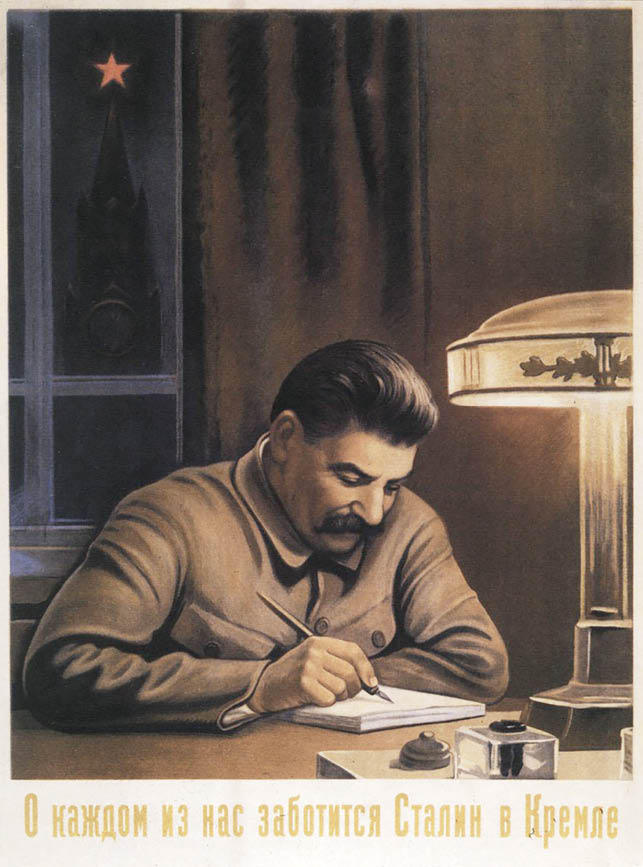A Brief History of Germany 1800 - 1871
 |
| Anton von Werner, The Proclamation of the German Empire (January 18, 1871) – Palace Version (1877) © Bildarchiv Preußischer Kulturbesitz |
 |
| The Final Moments of the Battle of Waterloo (La Belle Alliance) on June 18, 1815 (19th Century) © Bildarchiv Preußischer Kulturbesitz |
Pre-Unification
Before 1871 Germany wasn't much more than a collection of states who all spoke the same language. Each state had a different type of ruler, system of rule as well as differing cultures and customs. There wasn't much in the way of national identity.
During the Napoleonic Wars during the early 19th Century, German states were brought under the Confederation of the Rhine (1806-1813) except for Austria and Prussia. Prior to this, France had been encroaching into German territory. In 1813, the Confederation was abolished. Much of Europe has been under French control so from 1814, Europe was being 'redrawn' at the Congress of Vienna.It was decided to create a German Confederation of 39 Germanic states including Austria and Prussia. The members of the Confederation agreed to help each other out if attacked. In the Confederation, Austria and Prussia were the two largest and most powerful states.This was a step towards unification. In 1834, the Zollverein was established to allow trade amongst the German states but this did not include Austria. This removed trade barriers and increased economic unity amongst the states.
 |
| Otto von Bismarck by Franz von Lenbach |
Unification
Prussia was a conservative and militaristic Kingdom and held a great deal of power which was countered by the power of Austria. Inspired by revolution in France, the German Revolution of 1848 saw protests and riots breakout throughout Germany, demanding greater political and religious freedoms, a more representative government and the unification of German states. A constitution was drawn up and it was agreed that Frederick William IV, King of Prussia, would rule a united Germany. However, he declined the offer and the revolutions collapsed.
Otto von Bismarck became President of Prussia in 1862 with the aim of unifying Germany, with Prussia at it's core, weakening Austria. in 1864, the two countries actually joined forces to occupy Schleswig-Holstein to make it it a German province, capturing it from Denmark. Following this, Prussia and Austria came into conflict over who would control Schleswig-Holstein and this escalated into a war known as the Seven Weeks War. Prussia secured support from Italy and neutrality from France whilst Austria gained support from German states that were suspicious of the growing Prussian militarism. Bismarck now replaced the German Confederation with the North German Confederation and the Treaty of Prague which banished Austria from German affairs.
Soon after this, the Franco-Prussian War 1870-71 broke out which saw Germany fight in a united front and beat France. Spain had offered its crown to a relative of the Prussian King Wilhelm I. This angered France as they did not want Prussia to become more powerful and so insisted that Wilhelm should make him refuse the crown. Following this Bismarck published the Ems Telegram which heavily insulted the French. As a result France declared war on Prussia. Prussia defeated France and Napoleon III of France was overthrown by a rebellion. The end of the war saw the Prussian King crowned as Emperor of Germany, also known as Kaiser. The Treaty of Frankfurt was signed which saw the loss of Alsace and Lorraine to Germany. Germany was now a unified country with Kaiser Wilhelm as Emperor and Bismarck as Chancellor.
 |
| Creation of the German Empire (1866-1871) |
And that is a brief overview of Germany 1800-1871 and how it became the unified country that it is today.
Do you have any fun facts about Germany in 1800-1871? Leave them in the comments below!
Further Reading:
How Otto Von Bismarck Unified Germany https://www.historyhit.com/1871-unification-germany/
The Unification of Germany 1864-1871 http://www.historyhome.co.uk/europe/unific.htm
What Was the Congress of Vienna? https://www.historytoday.com/archive/what-was-congress-vienna
German Unification https://history.state.gov/countries/issues/german-unification
Germany 1848-1914 by Bob Whitfield
Otto von Bismarck https://www.bbc.co.uk/history/historic_figures/bismarck_otto_von.shtml


